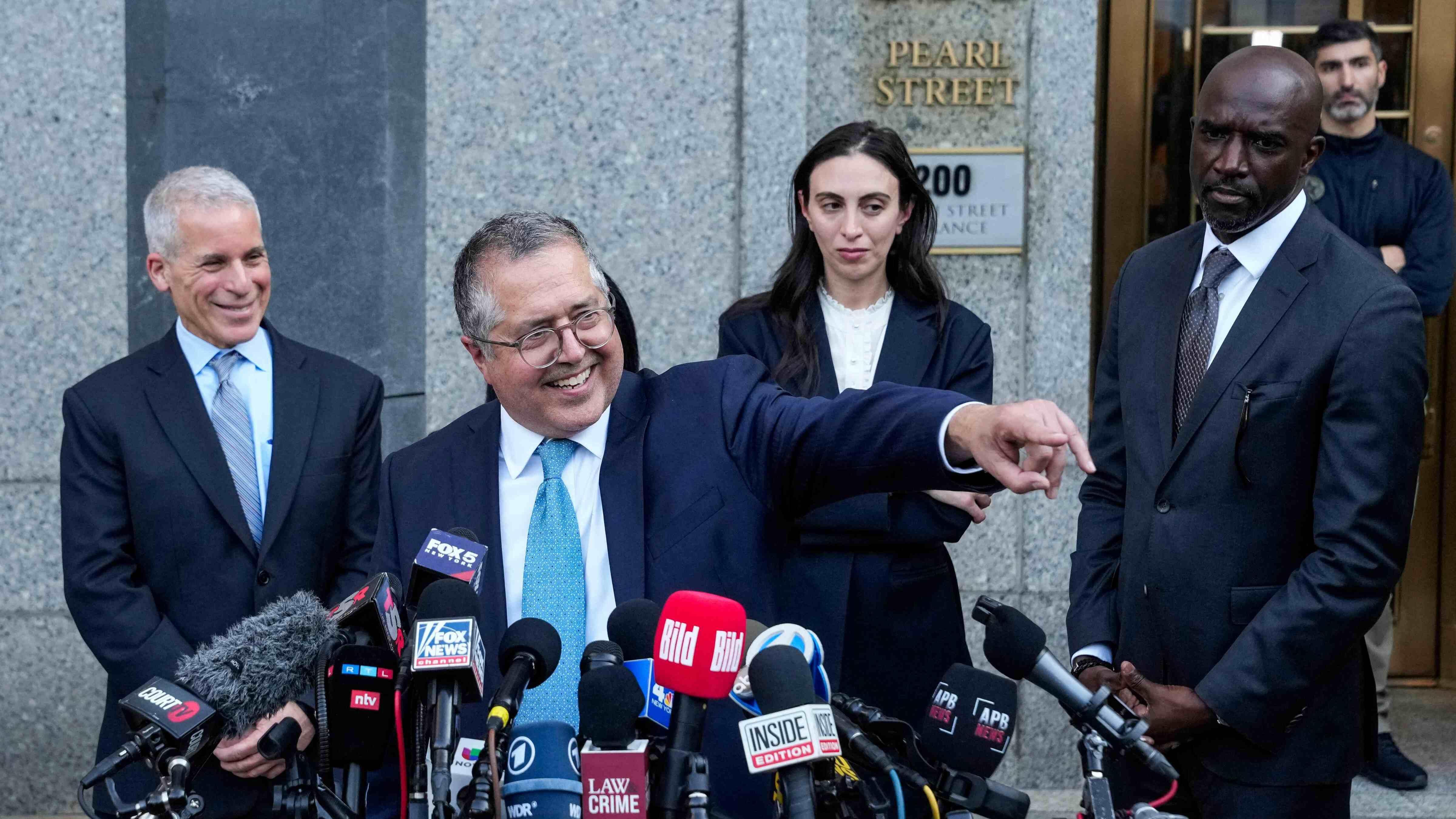
Music mogul Sean "Diddy" Combs was found not guilty of racketeering and sex trafficking Wednesday but convicted of a less serious prostitution charge after a high-profile marathon trial in New York.
The jury, after 13 hours of deliberation, found Combs guilty of two counts of transportation to engage in prostitution, each of which carries a maximum sentence of 10 years in prison.
But the 55-year-old hip-hop pioneer was acquitted of a major racketeering charge and two sex trafficking charges that could have sent him to prison to life.
The relatively quick verdict came after seven weeks of at-times excruciating testimony, in which prosecutors had accused Combs of being the boss of a decades-long criminal enterprise, directing loyal employees and bodyguards to commit myriad offenses at his behest.
Jurors announced they had reached a partial verdict late on July 1 and said they were deadlocked on the racketeering charge but Judge Arun Subramanian instructed them to keep working.
Combs, once one of the most powerful figures in the music industry, had vehemently denied all charges.
Along with racketeering, Combs was charged with sex trafficking two women: Singer Casandra Ventura and a woman who testified under the pseudonym Jane.
They both said they felt obligated to participate in sexual marathons with hired men directed and sometimes filmed by Combs.
Combs's lawyers insisted the sex was consensual.
They conceded domestic violence was a feature of his relationships — one harrowing example of him beating and dragging Ventura was caught on security footage that has been widely publicized.
Yet while disturbing, his actions did not amount to sex trafficking, the defense said. Jurors ultimately agreed.
Combs has been incarcerated at a notorious Brooklyn prison since he was arrested in September 2024.
Following the verdict, Combs’s defense team immediately filed a motion requesting his release on a $1 million bond. They proposed that he be allowed to travel between Miami, Los Angeles and New York while awaiting sentencing, and offered to surrender his passport to court officials.
Prosecutors opposed the motion, describing Combs as a flight risk with a history of violence and drug abuse, and a potential danger to the women who testified against him. As of press time, the judge had not yet ruled on the matter, with a decision expected later in the day.